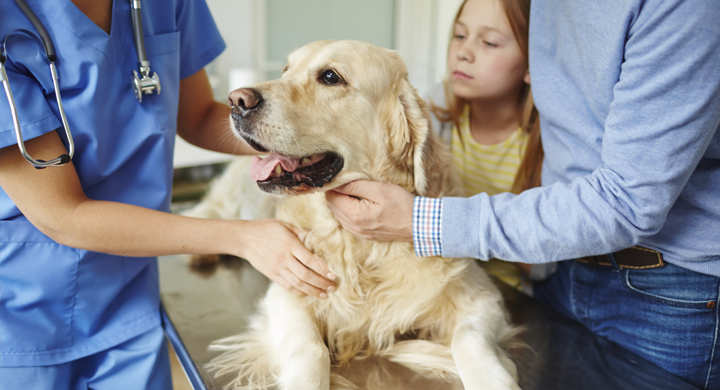1700002 - Technician-led Veterinary Care: Companion Animal Practice
Course Description

Registered Veterinary Technicians (RVTs) will be equipped to perform a range of technician-led veterinary care including aspects of preventive care, triage, and urgent care for companion animals. Registered Veterinary Technicians (RVTs) are empowered to take the initiative in identifying and addressing patients' needs, working closely with other professionals to ensure optimal outcomes. Discuss common challenges and activities in companion animal care, learning how to manage these while enhancing their leadership and communication skills effectively. This course also covers the implementation of relationship-centered care, ensuring that clients' and patients' physical, emotional, and environmental well-being is considered in every interaction. Develop a foundation in business management and advocacy, which is crucial for supporting the economic success of the practice. Explore best practices for maintaining accurate medical records, ensuring compliance with legal requirements, and fostering clear communication within the team. Learn to excel in your current role and be positioned as key contributors to the evolving landscape of veterinary care, and are ready to meet future demands and drive both clinical excellence and organizational success.
Learning Outcomes
By the end of this course, you should be able to:
1. Discuss common activities, needs, and challenges in companion animal primary care practices in a variety of settings and the role of the Registered Veterinary Technician in addressing them, with a focus on activities that are increasingly technician-led.
2. Develop strategies to implement relationship-centred care in technician-led veterinary appointments and other activities while considering the physical, emotional, and environmental well-being of clients and patients
3. Evaluate and implement principles of business management, advocacy, and communication to support the economic success of the practice and provide effective treatment and client education strategies
4. Identify best practices for managing medical records and data to ensure accuracy, privacy, and compliance with regulations, recognizing an increasing sphere of opportunities and accountabilities for technicians in primary care.
5. Develop and articulate an individualized preventive care plan based on an assessment of the animal’s health and the client’s wants and needs.
6. Articulate the elements of a strong practice culture, including effective communication techniques with team members, trainers, and other stakeholders in practice.
Course Topics
- Common challenges in vet med
- RVT legislation
- RVT opportunities and accountabilities
- Veterinarian delegation
- Effective/meaningful communication
- Verbal/non-verbal reflective listening
- Obtaining thorough history/information from clients
- Communication model for RVT appointments
Technical Requirements
You are responsible for ensuring that your computer system meets the necessary system requirements. Use the browser check tool to ensure your browser settings are compatible and up to date (results will be displayed in a new browser window).
*Course details are subject to change.

